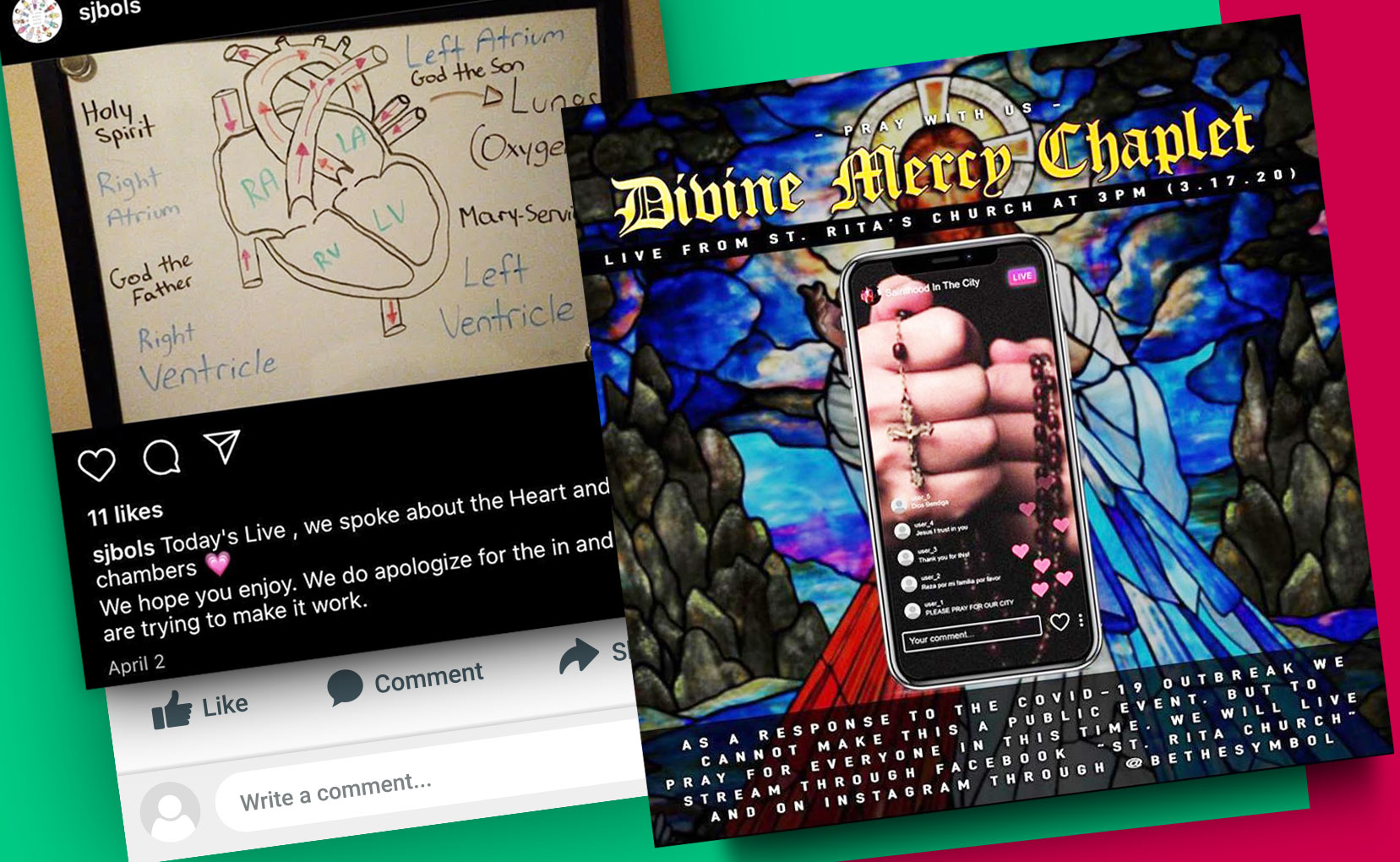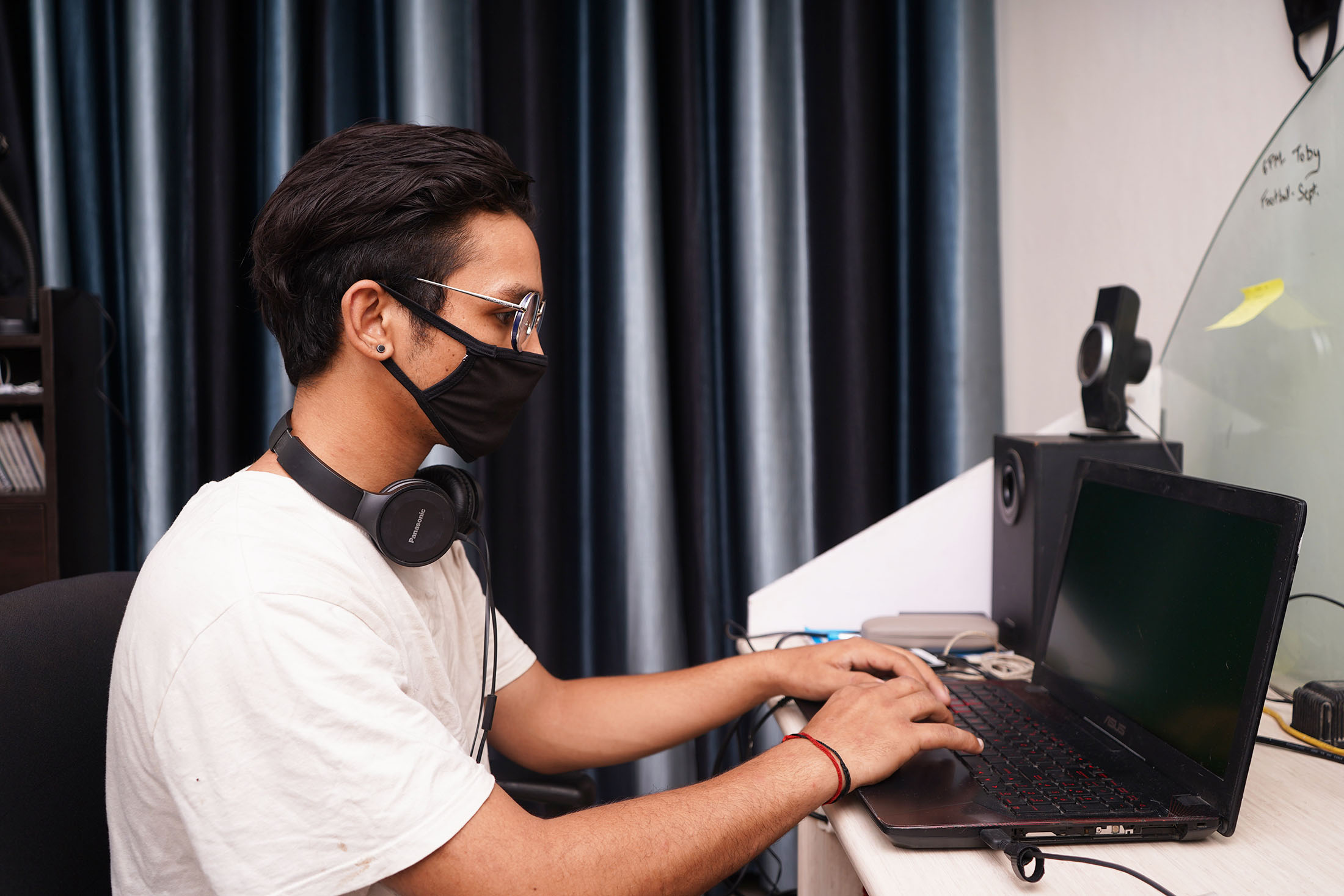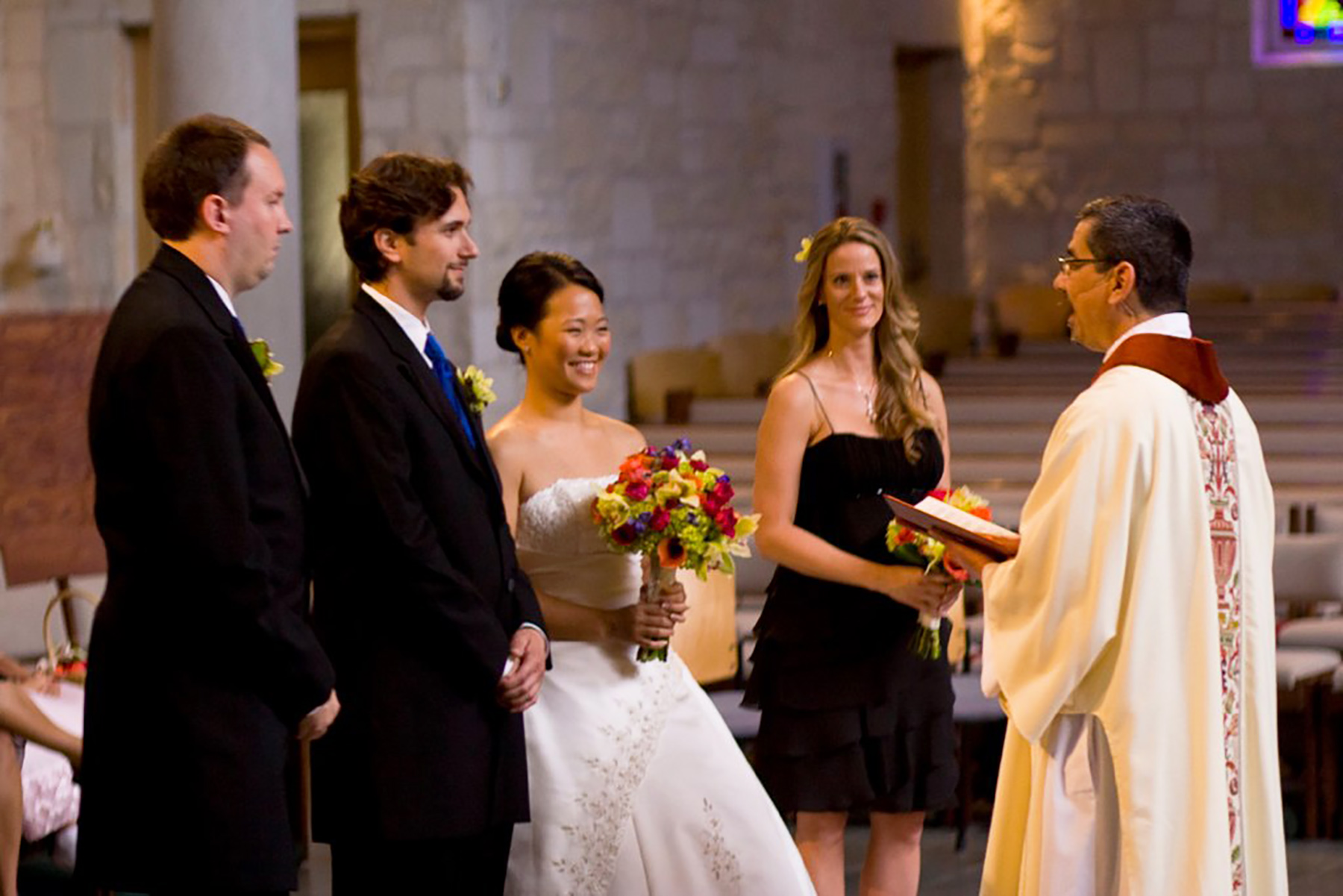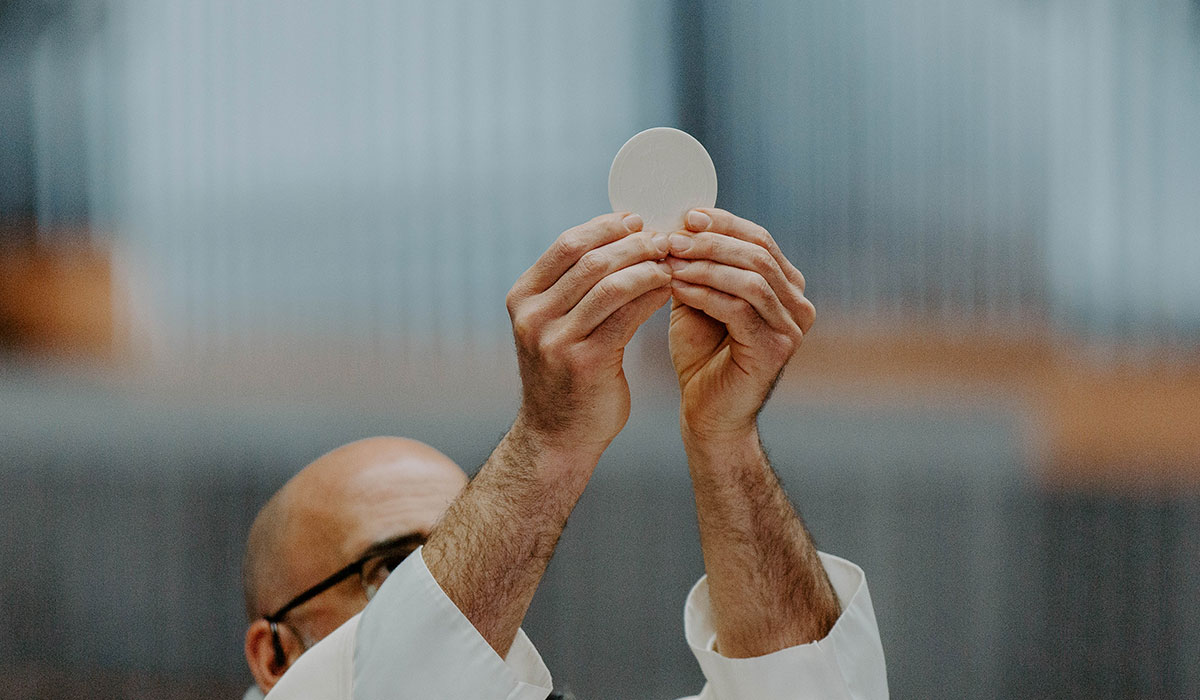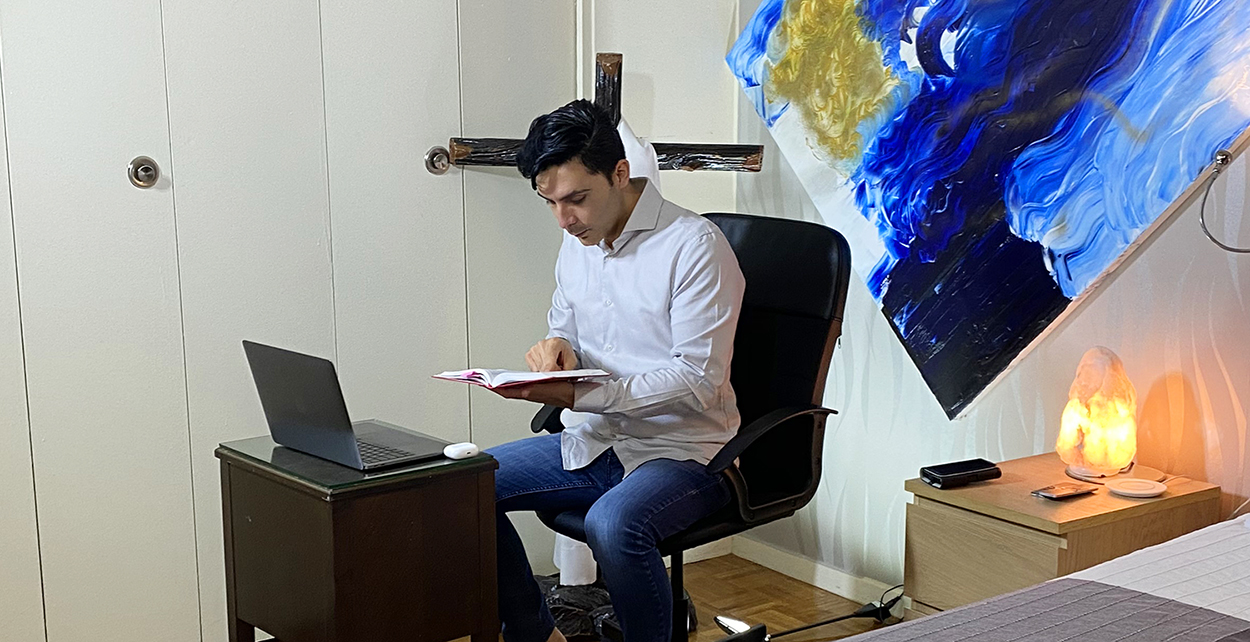
By Juan Perez, Director of Faith Formation, St. Pancras Church
As the outbreak of the coronavirus pandemic increased in great numbers, the State of New York set restrictions for the health and safety of the public. It became apparent that this was going to affect our Parish life. Reverend Francis J. Hughes, Pastor of St. Pancras Roman Catholic Church, and I, as Director of Faith Formation, needed to come up with a plan for completing the rest of the year’s program. The schools were closed, the church was closed, and our program was suspended until further notice.
For us, faith formation is a very important piece in the life of the Church. After meeting with Father Hughes, we spoke about many ideas. As a result, we came to the conclusion that we needed to have the catechists, the parents, and the students involved as much as we could. Our idea was to create PDF remote lessons for the students, and this is how we did it. First, we contacted the 11 catechists, who teach 1st through 8th grades, and explained our ideas. Then, we sent an email to the parents, explaining the procedure for the rest of the school year.
- Each catechist was asked to send me an assessment for each chapter, for a total of eight weeks.
- Next, I converted the lessons into fill-in PDF forms.
- The PDF forms were sent to each catechist with the names of the students and respective emails.
- Every week, the catechists sent the remote lessons to the parents with the directions and due dates.
- It was suggested that the parents work with their children to read chapters and complete the lessons. Upon completion, the parents were asked to send the completed lessons to their catechist.
- After the catechists received the completed lessons from the parents, they recorded the students as present on the attendance sheet.
- Every week, I kept in contact with the catechists and my pastor to review how the process was going.
At the conclusion of the school year, we promoted all of those students who were involved in the program. Father Hughes and I met to review the procedures we followed during the pandemic. We agreed that our plan of having the catechists, the parents, and the children involved with the remote lessons was very successful, and we were pleased with the outcome. In addition, Father and I spoke about registration for the next school year. Father suggested that we should try implementing online registrations and payments, which are already in motion.
After receiving my Master’s Degree in Systematic Theology in 2015, I wanted to do more for the Church and explore new ways to evangelize by taking advantage of the new technology. As a result, I have been using Facebook Live to preach the Gospel of the Lord in a different way. Thanks to this, about 40,000 people follow my Bible teachings and reflections on my Facebook page, Comunidad Catolica Fuego de Dios, translated in English, Catholic Community of God’s Fire.
In response to the request of many Latinos within the Diocese of Brooklyn and surrounding communities, my online teaching sessions increased enormously. When the coronavirus pandemic broke out, I had to reinvent myself by transforming my bedroom into a mini-stream studio in order to be able to teach online through Zoom and Facebook rooms. To make the lessons more interesting, I incorporated Power Point presentations and prayers. The sessions also include live music with ministers from God’s Fire International Music Ministry, who connected with me through Zoom and Facebook Live. The viewers are given the opportunity to interact and make prayer requests. As a result, each presentation has between 8,000 and 20,000 viewers with very positive feedback.
The online presentations have opened other doors for me. Members of the Latino communities expressed an interest in having me prepare and offer retreats all over the United States, and including some other countries. These retreats are offered to young people, men, women, and families. This experience has changed my life because I see the pain, the suffering, and the desire to have a real and sincere relationship with God.
For years, I have written and produced music and videos for our Catholic community, based in the teachings and the Doctrine of the Church, which have had a very positive impact in the communities I have served. I am also in the process of releasing my new album, We Are Israel, and my upcoming book, Rise Up with Power.
Check me up on Facebook, on Instagram: @juancofgod, and YouTube – Camilo Perez.
